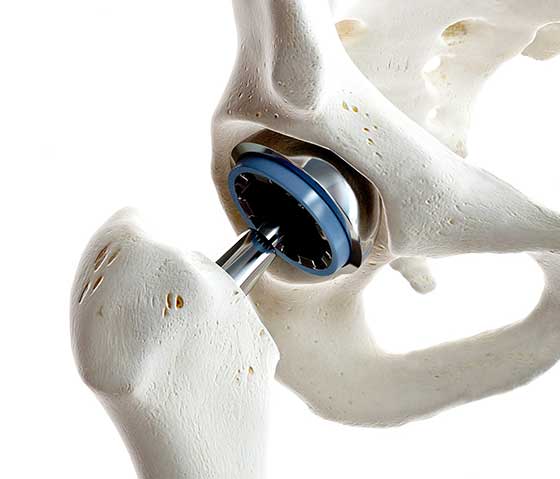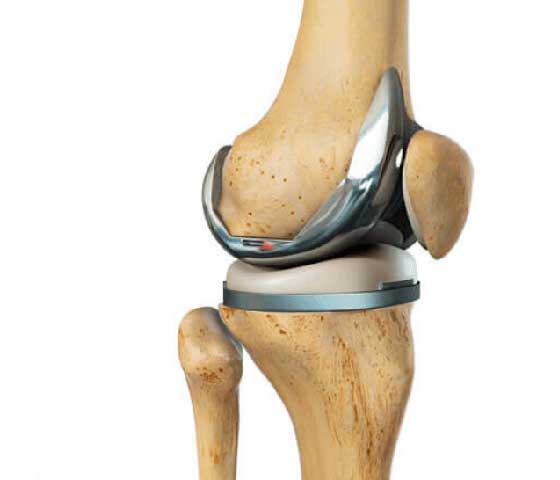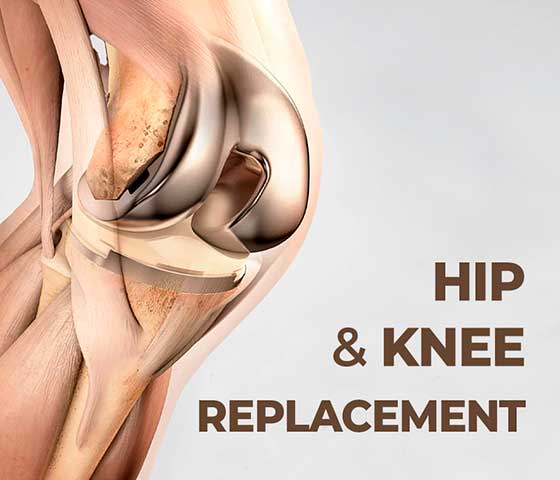Hip and knee replacement surgeries are common orthopedic procedures performed to alleviate pain and improve mobility in individuals with severe joint damage or arthritis. Total joint replacement is a surgical procedure where parts of an arthritic or damaged joint are removed and replaced with a metal, plastic or ceramic device called a prosthesis or implant.

Physiotherapy plays a crucial role in the rehabilitation process after hip and knee replacement surgeries. The goal of physiotherapy is to help patients regain strength, flexibility, and function in the affected joint, reduce pain, and improve overall mobility.
Having a joint replacement and the eventual rehabilitation that follows is not the death sentence of the past and something that one shouldn’t fear. In fact, having a joint replacement is one of those conditions that our therapists at Revolve love to treat as the worst is usually behind them and clients generally get a new lease on life.
Here’s an overview of the physiotherapy process for hip and knee replacements:
Postoperative Care:
Starting movements: Initiate gentle movements and exercises as soon as possible after surgery to prevent stiffness and improve circulation. Encourage ankle pumps, knee bends, and hip movements while in bed.
Pain Management: Use modalities like ice, heat, and electrical stimulation to manage pain and inflammation. Teach pain-relief techniques, such as controlled breathing during exercises.
Exercises and Rehabilitation:
Range of Motion (ROM) Exercises: Focus on gentle joint movements to restore flexibility. Gradually progress from passive to active-assisted and then active movements.
Strengthening Exercises: Target specific muscle groups around the hip and knee to improve strength. Include exercises for the quadriceps, hamstrings, hip abductors/adductors, and calf muscles.
Weight-Bearing Activities: Progress from partial to full weight-bearing activities as per the surgeon’s guidelines. Use assistive devices like crutches or walkers initially, then transition to walking without support.
Balance and Stability Training: Enhance balance to reduce the risk of falls. Include exercises on stable and unstable surfaces to challenge stability.
Functional Activities:
Functional Mobility Training: Emphasize activities related to daily living, such as sitting, standing, walking, and stairs. Teach proper body mechanics to avoid strain on the replaced joint.
Joint Protection Strategies: Educate patients on techniques to protect the replaced joint during various activities. Provide guidance on modifications for activities that may stress the joint.
Individualized Approach:
Patient Education: Explain the rehabilitation process and expected milestones. Provide information on signs of complications and when to seek medical attention.
Home Exercise Program: Design a customized home exercise routine to encourage continuity of care. Reinforce the importance of consistent follow-up appointments.
Progress Monitoring:
Assessment and Adjustments: Regularly assess the patient’s progress and adjust the rehabilitation plan accordingly. Modify exercises based on the patient’s tolerance and recovery.
Communication with the Surgical Team: Maintain open communication with the orthopedic surgeon to ensure alignment with the surgical goals. Collaborate on any concerns or modifications to the rehabilitation plan.
In summary, a comprehensive physiotherapy program is essential for the successful recovery of patients undergoing hip and knee replacement surgeries. The focus should be on a gradual progression of exercises, individualized care, and patient education to optimize function and quality of life.

It’s important to note that the success of these surgeries often depends on various factors, including the patient’s overall health, adherence to rehabilitation, and postoperative care. Individualized treatment plans and close collaboration between the surgical team, physiotherapists, and patients are crucial for a successful outcome. Always consult with healthcare professionals for personalized advice based on your specific condition.
At Revolve Physiotherapy, your initial appointment will consist of a physical evaluation to determine what course of treatment will be best for your needs. Our physiotherapist in conjunction with your surgeons protocol, will create a specialized treatment plan based on your evaluation, aimed at bringing you back to your optimum physical health.
Hip and knee replacement Physiotherapy in Milton. Click the button below to book an appointment or give us a call – 905 864.8181
